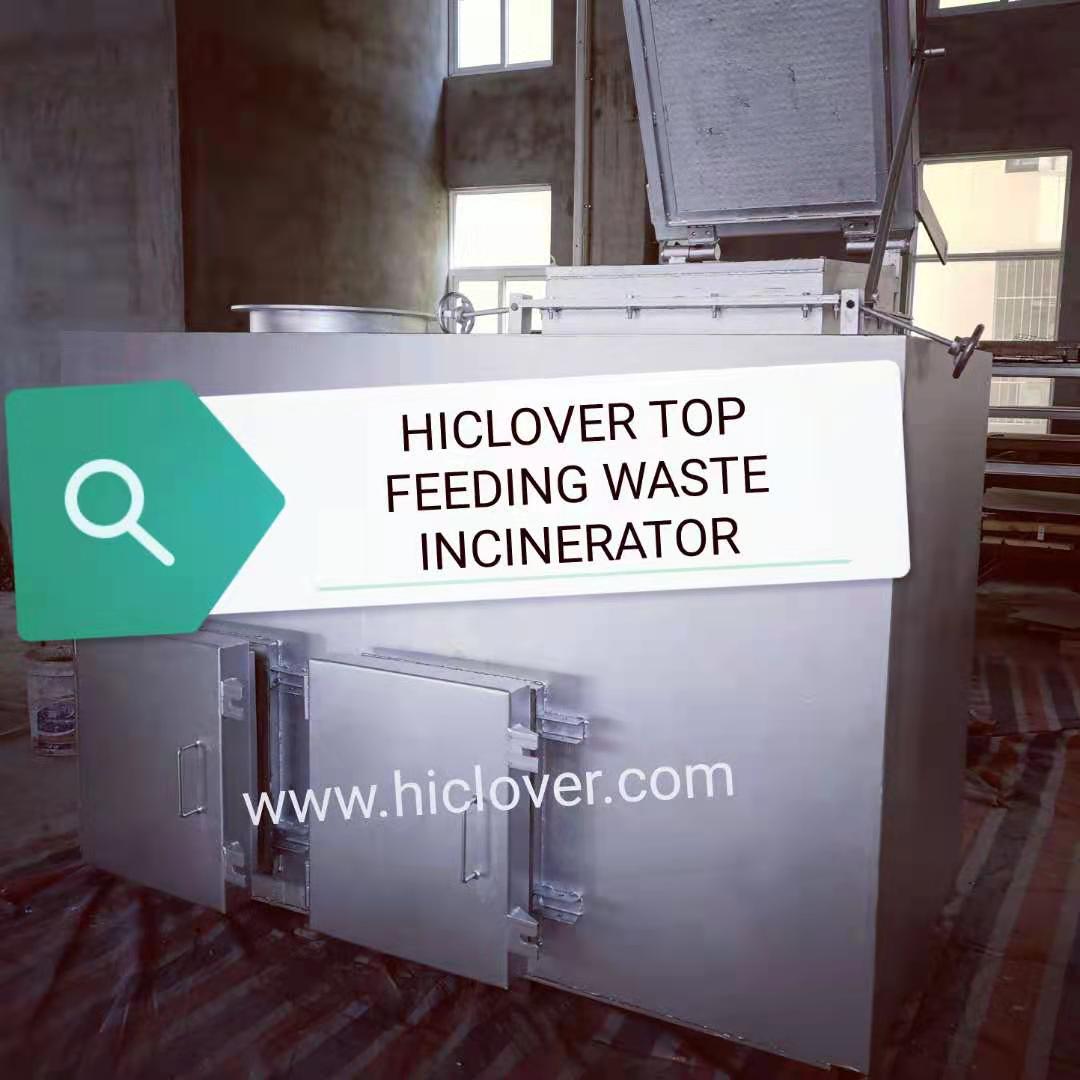Biohazard waste, also known as medical waste, is a type of waste that contains infectious materials or potentially infectious substances, such as body fluids, tissues, and laboratory specimens. Improper handling of biohazard waste can pose serious risks to public health and the environment. In this article, we will explore four case studies that illustrate the perils of improper biohazard waste handling.
Case Study 1: The Ebola Outbreak in West Africa
In 2014, an Ebola outbreak in West Africa highlighted the importance of proper biohazard waste handling. Infected medical waste, including contaminated personal protective equipment, played a significant role in the spread of the virus. Improper disposal of biohazard waste in local communities and healthcare facilities led to secondary infections and further transmission of the deadly virus.
Case Study 2: The Recycling of Medical Devices in the United States
A study conducted by the Government Accountability Office (GAO) in the United States revealed that some medical devices, such as catheters and surgical instruments, were being recycled and sold to the public without proper sterilization. This practice posed a serious risk of transmitting infectious diseases, such as HIV and hepatitis, to unsuspecting patients. The mishandling of biohazard waste in healthcare facilities and medical device reprocessing companies jeopardized patient safety and public health.
Case Study 3: The Improper Disposal of Pharmaceutical Waste
Pharmaceutical waste, including expired medications and chemotherapy drugs, is a significant biohazard that requires proper disposal. In 2018, an investigation conducted by the Environmental Protection Agency (EPA) revealed instances of improper disposal of pharmaceutical waste in healthcare facilities across the United States. This included flushing medications down the drain or disposing of them in regular trash, leading to environmental contamination and potential health risks for humans and wildlife.
Case Study 4: The Mishandling of Infectious Waste during the COVID-19 Pandemic
The COVID-19 pandemic has led to a surge in the generation of infectious waste, such as used personal protective equipment, contaminated medical supplies, and COVID-19 test kits. Improper handling and disposal of this waste have posed a serious risk to public health and the environment. In some cases, biohazard waste from COVID-19 patients was mixed with regular waste or dumped in open landfills, increasing the potential for disease transmission and environmental pollution.
In conclusion, the perils of improper biohazard waste handling cannot be overstated. The case studies mentioned above illustrate the significant risks posed by the mishandling of biohazard waste, including the spread of infectious diseases, environmental contamination, and public health threats. It is essential for healthcare facilities, waste management companies, and regulatory agencies to prioritize the proper handling and disposal of biohazard waste to safeguard public health and the environment. Strict adherence to established guidelines and regulations for biohazard waste management is critical in preventing the potential perils associated with improper handling.



